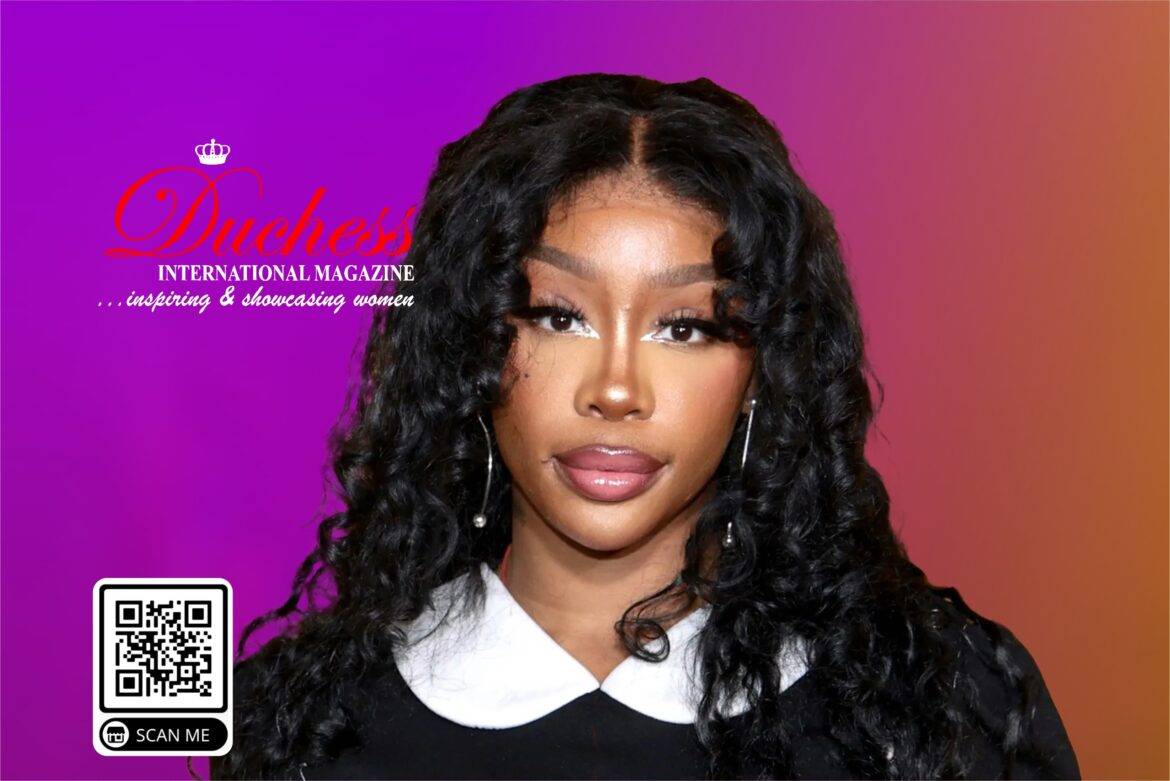In the wake of her meteoric rise in the music industry, SZA, born Solána Imani Rowe, has once again found herself in the headlines, this time not for her chart-topping music but for her candid response to body-shaming trolls on social media. Known for her introspective lyrics and genre-blending music, SZA has never shied away from sharing her personal journey, including her struggles with body image and mental health. However, recent remarks made by fans on X (formerly known as Twitter) have led to a poignant moment where the artist stood up for herself, shedding light on the broader issue of body shaming in the digital age.
The incident unfolded when SZA shared a throwback video from 2020, a time she spent at her mother’s house during the height of the COVID-19 quarantine. In the video, she vulnerably discussed her mental health, mentioning the loss of her grandmother and her battle with depression. The post was intended to resonate with fans on a personal level, offering a glimpse into the challenges she faced during those isolating months. However, not all responses to the video were supportive. One comment, in particular, claimed that the artist simply “got big” during that time.
SZA’s response was swift and pointed. She wrote, “Yall say weird shit like this and wonder why I’m different and don’t feel comfortable with yall anymore. Lol, Yall do realize I mean different, as in I don’t go on live+ talk and don’t communicate with yall like that anymore, lmao, not different as in change my appearance tf.” This retort not only addressed the specific comment but also highlighted how such remarks contribute to her feeling alienated from her fanbase, leading her to withdraw from direct engagement.
This interaction comes on the heels of SZA’s candid conversation with British Vogue about her BBL, where she expressed regret over the procedure but also defended her autonomy over her body. She stated, “I’m so mad I did that shit,” reflecting on the recovery and the weight gain from being immobile, yet affirming her enjoyment of the results. Her openness about cosmetic surgery and her mixed feelings about it have made her an unlikely but powerful voice in discussions about body image in the entertainment industry.
The body-shaming conversation around SZA is of a larger issue within the culture of celebrity and social media, where public figures are often reduced to their physical appearances rather than celebrated for their artistic contributions or personal growth. This incident has sparked a broader dialogue among fans and observers about the ethics of commenting on someone’s body, especially when that person has been open about their mental health struggles and body image concerns.
SZA’s engagement with this topic has resonated deeply with many who appreciate her for her authenticity and vulnerability. Her music, especially from her latest projects like “SOS Deluxe: Lana,” has touched on themes of self-acceptance and the complexities of love and identity. By addressing these body-shaming remarks head-on, she not only defends her personal space but also advocates for a more empathetic online community.
The backlash against body-shaming comments directed at SZA has also led to a wave of support from her fans, who have taken to platforms to defend her and advocate for body positivity. This situation underscores the ongoing battle against cyberbullying and the need for a cultural shift towards more constructive and respectful discourse, especially when it comes to public figures who share so much of themselves with their audience.
In the end, SZA’s response to the body-shaming comments is more than just a defense of her choices; it’s a call to action for fans, celebrities, and social media users alike to practice kindness, understanding, and respect in all interactions, especially those concerning someone’s physical appearance. As SZA continues to navigate her career with grace and authenticity, her latest interaction serves as a reminder of the power of standing up against negativity, advocating for mental health, and promoting a culture where everyone is free to be themselves without fear of judgment.



